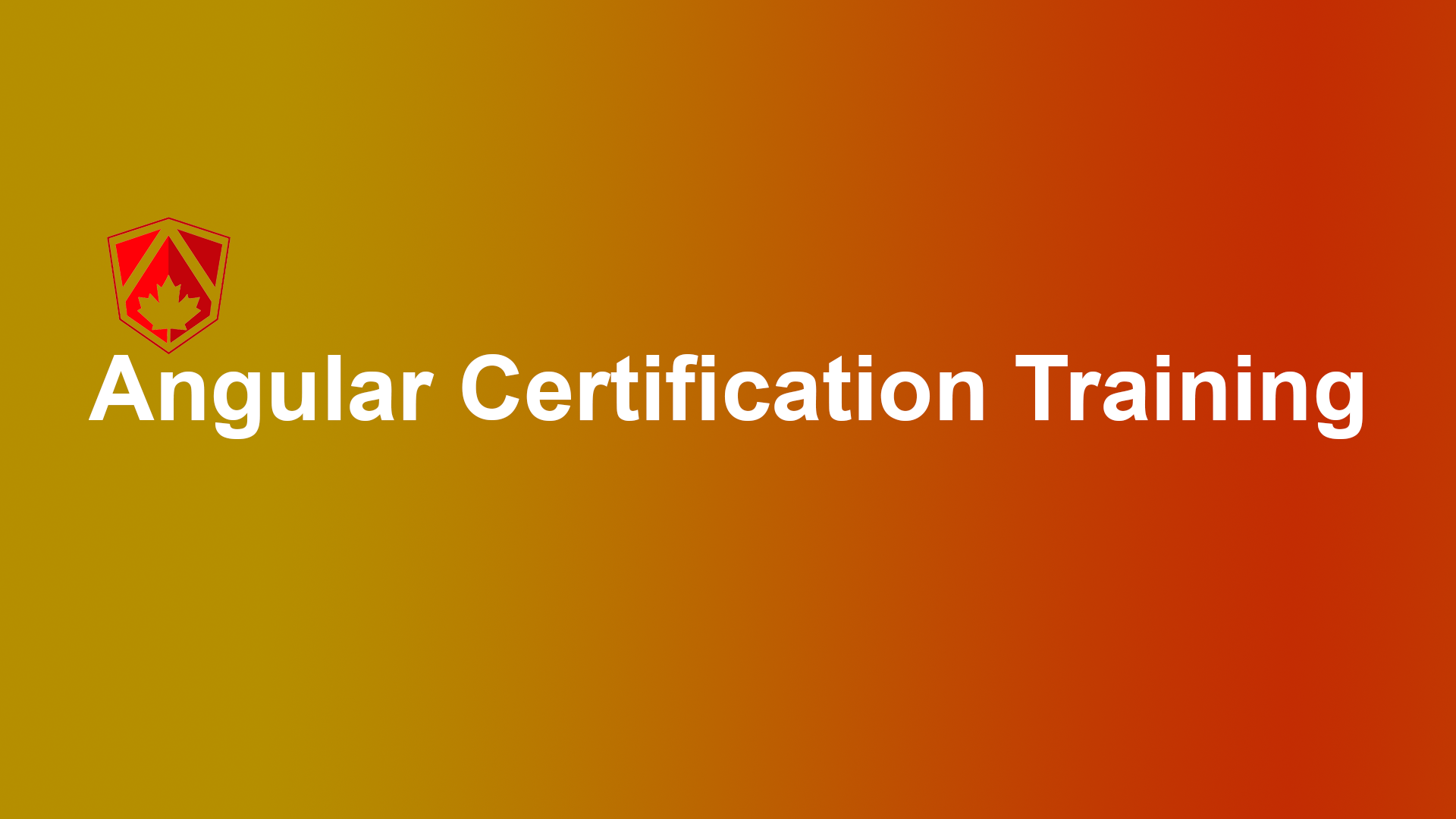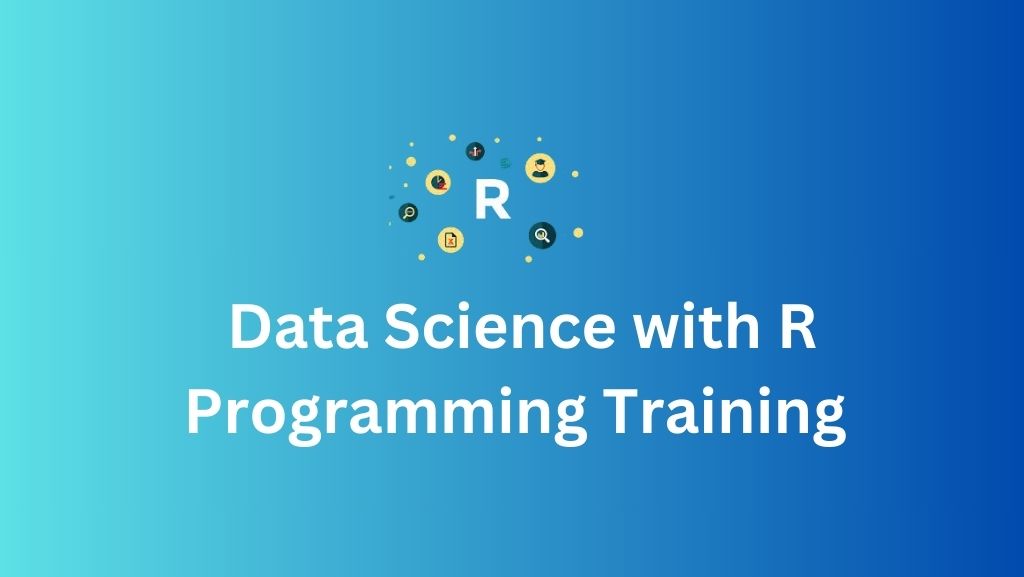Upcoming Batches for Git
Not compatible with the above dates?
Git Course Details
ZX Academy's Git Training can help you become an adept Git user, one of the essential tools of modern software development. Git is a distributed version control system which allows developers to track changes in their codebase, collaborate efficiently and manage projects more effectively. This course provides all the knowledge and skills required to become an adept Git user.
Our Git online training is an intensive course that begins by covering the fundamentals and builds into more advanced topics. Participants will learn to create and manage repositories, track changes, and resolve conflicts efficiently while working effectively with other developers—skills needed for both personal and team projects alike. Through practical exercises and real-world scenarios, participants gain a profound knowledge of Git's capabilities.
- Instructor-Led Training: Benefit from learning from industry experts who possess extensive knowledge in Git and version control systems.
- Hands-On Labs: Put your knowledge to practice through hands-on exercises and real-world examples.
- Collaborative Projects: Conceive team projects that simulate real development environments.
- Certification: Take home an invaluable certification upon successful course completion.
- Lifetime Access: Enjoy accessing course materials and updates indefinitely.
- Flexible Learning: Explore various learning options, such as self-paced and live online classes.
- Career Advancement: Advanced your software development career by mastering Git.
What will you gain from this training?
Within this training course, you will discover:
Git is an effective version control solution. Learn its basics and its significance within version control systems; how to create and manage repositories using Git; branching and merging strategies; collaborative development using Git; conflict resolution strategies with Git; common scenarios encountered using Git; best practices for real world Git usage in projects; who should take this course.
Who should take this training?
Software developers and programmers, DevOps engineers, web developers, project managers, and anyone seeking to expand their Git skills may all benefit from taking Git training classes. What are the prerequisites for participating?
What are the prerequisites for training?
This training does not have any predetermined prerequisites, making it accessible to both novice and veteran developers alike. An understanding of programming concepts or software development concepts would be advantageous but is not mandatory.
Why should you go for this certification training?
Certification in Git demonstrates your expertise with one of the core tools used for software development. Not only will you increase your knowledge, but also expand career prospects and income potential with ZX Academy Git online Training - giving you an edge in your chosen industry!
Salary Trends:
The salary for software developers with Git skills varies significantly based on factors like location, experience, and job role. On average, however, an experienced Git developer can expect to make between $600 and $120,000. Meanwhile, senior DevOps engineers with Git expertise often command even higher annual salaries, sometimes surpassing $150k annually.Are you excited about this?
Git Curriculum
SDLC Models
Waterfall Model
Advantages
Disadvantages
Agile Model
Scrum
Advantages
Limitations of Scrum
Need of Version control system
How version control system works
Basic terminology of VCS
Benefits of VCS
Types of VCS
Distributes VCS with Remote Repository
Features of GIT
What is GIT
Features
Lifecycle of GIT
Installment of GIT
To understand WD, SA, and Local Repo.
Creating files with some content and adding to staging area and then commit
GIT Commands
Helix visual merge tool for checking differences (p4merge)
How to download and install p4merge
How to connect p4merge with GIT
What is master
What is HEAD & Detached HEAD
Utilities of Git Reset command
To remove the changes from the staging area
Difference between Git rm -- cached vs git reset:
Utilities of Git reset command
To undo commits at the repository level
Mode1: Reset with -- mixed
Mode 2: reset with -- soft
To discard the latest commit
To revert the changes we have to just
Mode 3: Reset with -- hard
Comparison b/n -- mixed vs -- soft vs -- hard
What is Branching?
Need of creating a new branch
Conclusions
Various commands used in Branching
To view branches
How to create a new branch
How to switch from one branch to another
Short - cut way to create a new branch and switch to that branch
Previous topic explanation
Program with Example
Important conclusions
Multiple-use cases where branching is used or required
Advantages of branching
Merging of a branch
What is fast forward Merge
Demo example to demonstrate on the chance of raising conflicts in fast forward Merge
What is 3 - way to merge
Difference b/n Fast forward & Three-way Merge
Merge conflicts and resolution process?
Previous topics explanation
How to delete a branch?
Merging by using rebase
Process of rebasing
Advantages of rebasing
Disadvantages of rebasing
Difference b/n Merge & Rebase
Partial Stash
How to delete a Stash?
The problems if the developer communicates directly with other developers
Advantages of a common remote repository
How to create an account in Github
How to work with remote repository and git push commands
GIT clone method
Example program
GIT Fetch
GIT Pull Command
Demo Example for Pull and Fetch commands
Introduction to GIT Tagging
Types of Tags
Creation of lightweight tag
How to delete tags
Semantic Versioning
Limitations of lightweight tags
Annotated Tags
Differences between Light Weight and Annotated Tag
How to tag a previous commit
How to update an existing tag
How to compare tags
How to push tags to the remote repository
How to push all tags using git push origin master
Like the curriculum?
Projects on Git
Project 1: Setting Up Your First Repository:
In this introductory project, you'll learn the fundamentals of Git repository creation from scratch. By initializing and adding files to a local repository, performing commits, understanding version control principles and setting up remote repositories like GitHub or GitLab as remote repositories you will build the foundation for future Git-related endeavors. This project serves as the cornerstone of your Git journey!
Project 2: Collaborative Coding with Branching and Merging:
This intermediate project offers you an introduction to collaborative coding using Git, with branching and merging as its central theme. Working alongside fellow students, you will simulate real-world development scenarios by each creating their feature branch for changes before merging those back into the main project. Furthermore, merge conflicts may arise and should be resolved to gain valuable experience working in teams while handling common challenges associated with developers in a team environment - this project will sharpen your skills further and prepare you for real development situations
Project Resources
Git Certification

Get certification or Get ahead with Zx Academy’s Certification or
Faq’s for Git
Reviews
Dheeraj Sama




